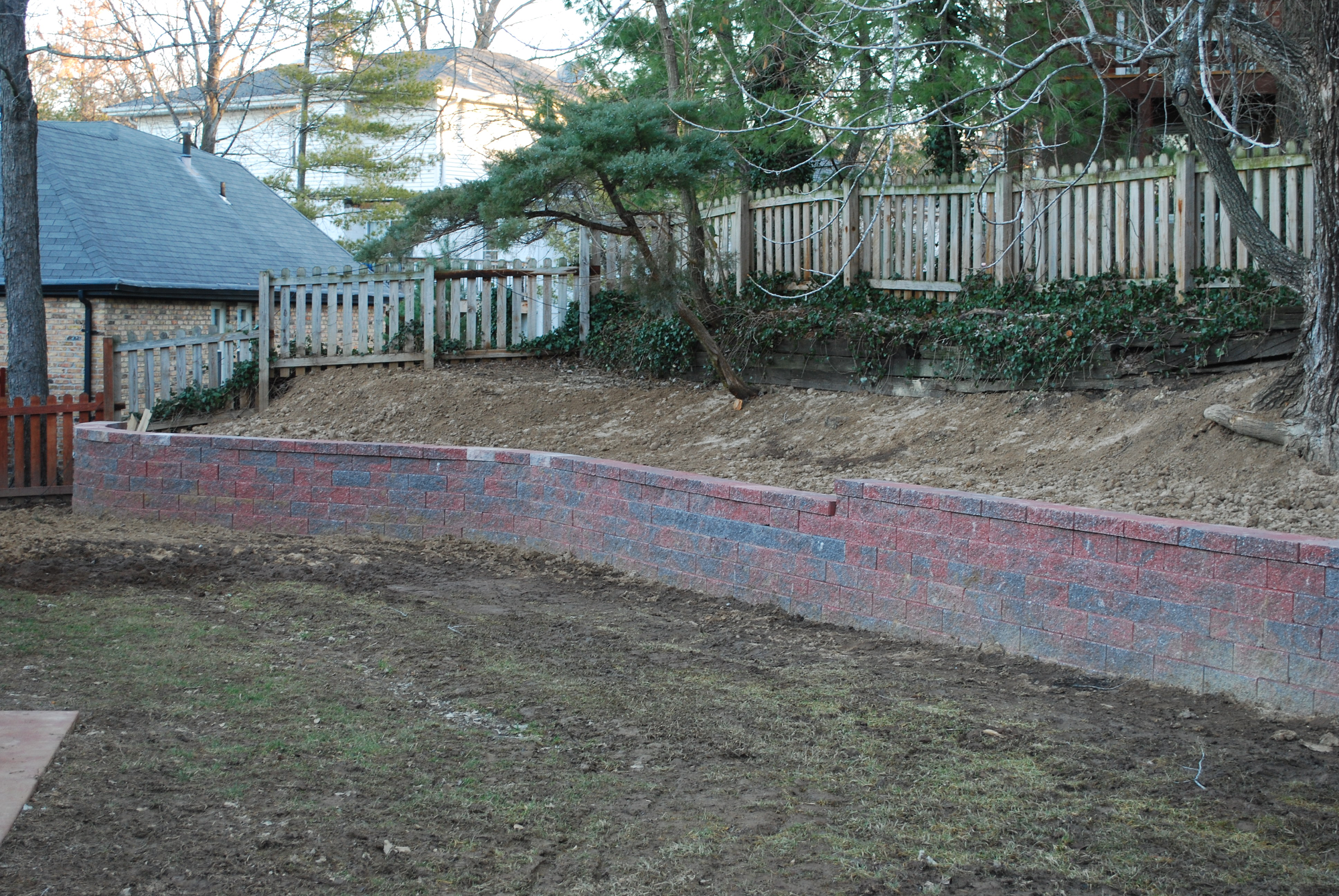Pruning in Missouri’s Zone 6 Garden
Welcome to the world of gardening in Missouri’s Zone 6, where the art of pruning can transform your garden into a haven of health and beauty. Pruning isn’t just about cutting back plants; it’s an essential practice that shapes your garden’s future. So, grab your gardening gloves, and let’s delve into the best practices for pruning in Missouri’s Zone 6.
The Magic of Pruning Summer-Flowering Shrubs
Butterfly Bush (Buddleia) – The Late Winter Wonder
Timing: Late winter to early spring before new growth. Why Prune: Pruning your Buddleia to just a few inches above ground level isn’t mere trimming; it’s like setting the stage for a summer butterfly ballet in your garden. This encourages more robust flowering and keeps your bush vibrant and manageable.
Hydrangea paniculata – A Spring Spectacle
Timing: Late winter or early spring. Technique: Cutting back the old flower heads and pruning last year’s shoots to a pair of healthy buds isn’t just maintenance; it’s giving your Hydrangea a new lease on life. This practice ensures you get those show-stopping blooms year after year.
Spirea – The Resilient Bloomer
Timing: Late winter or early spring. Why Prune: Trim back spirea bushes to encourage dense, lush growth. It’s like coaxing the plant into giving you an encore performance with a second flowering.
Fruit Trees – The Backbone of Your Garden
Apple and Pear Trees – The Structured Approach
Timing: Late winter. Technique: Pruning isn’t just cutting; it’s sculpting your tree for the future. By removing dead, diseased, or crossing branches, you’re not just tidying up; you’re enhancing fruit quality and shaping the very heart of your garden.
Peach and Plum Trees – The Key to Health and Bounty
Timing: Late winter. Why Prune: Here, you’re focusing on the tree’s health and its ability to gift you with the juiciest fruits. It’s about creating space within the tree for light and air, ensuring better fruit size and quality.
Roses – The Classic Beauty of Your Garden
Timing: Late winter to early spring. Technique: Pruning roses is an art. By removing dead wood and shaping the plant, you’re setting the stage for a stunning display of blooms. It’s like preparing the ballroom for the spring dance of flowers.
Ornamental Grasses – The Underrated Stars
Timing: Late winter or early spring. Technique: Cutting back these grasses to a few inches above ground level is like resetting the clock, giving them a fresh start for the year.
Deciduous Trees – The Silent Giants
Timing: Late winter. Technique: Pruning when the tree is dormant is key. This isn’t just maintenance; it’s a way to ensure the future health and beauty of these silent giants.
Evergreen Hedges – The Garden’s Green Backbone
Timing: Late winter or early spring. Technique: Light trimming isn’t just about neatness; it’s about maintaining the health and aesthetic of these evergreen wonders.
Crape Myrtle – More Than Just Another Tree
Timing: Late winter. Technique: Pruning your Crape Myrtle is like giving it a new direction in life. It’s about removing dead wood, maintaining shape, and ensuring the tree’s overall health.
Wisteria – The Enchanting Cascade
Timing: Late winter. Why Prune: This is where you shape the narrative of your garden’s story. Pruning promotes flowering and controls growth, ensuring that your Wisteria remains a charming character in your garden’s plot.
Berry Bushes – The Sweet Spots
Timing: Late winter or early spring. Technique: For Raspberries and Blackberries, pruning is about rejuvenation. It’s about removing the old to make way for the new, ensuring a bountiful harvest.
Woody Perennials like Lavender and Russian Sage – The Aromatic Accents
Timing: Early spring. Technique: Cutting back these plants isn’t just about growth; it’s about maintaining the aromatic symphony in your garden.
Pruning in Missouri’s Zone 6 is more than a chore; it’s a journey through the seasons, ensuring each plant in your garden plays its part in the symphony of growth. Remember, your tools are as important as your technique. Keep them clean and sharp for the best results. Happy pruning, and here’s to a garden that not only survives but thrives!






